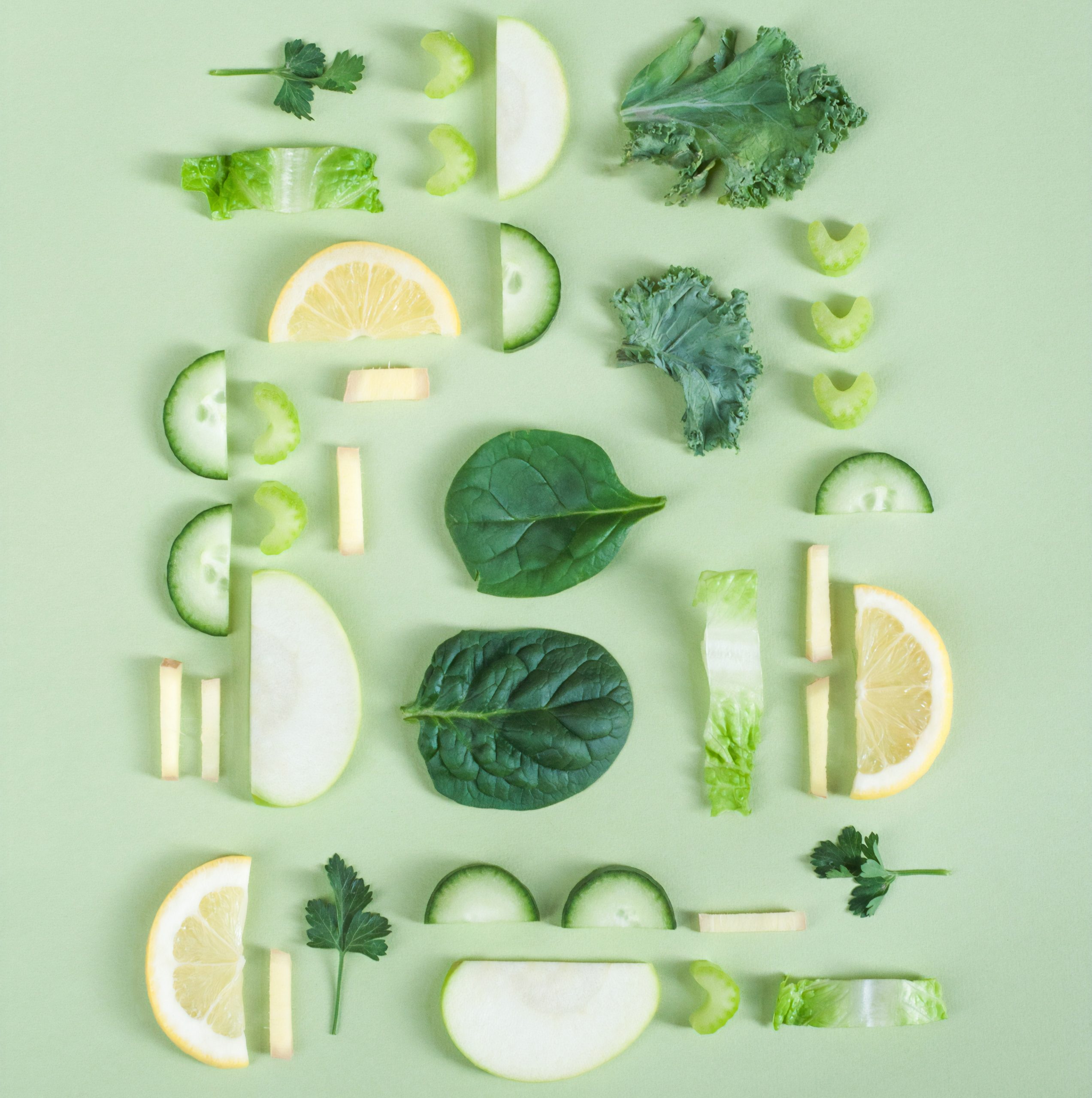Eating correctly is important for kidney health. People with kidney disease need to monitor intakes of sodium, potassium, and phosphorus especially.
People with kidney disease may need to control several important nutrients. Please discuss your specific and individual diet needs with your doctor or dietitian.
Sodium is a mineral found in salt (sodium chloride), and it is widely used in food preparation. Salt is one of the most commonly used seasonings, and it takes time to get used to reducing the salt in your diet.
- Do not use salt when cooking food
- Do not put salt on food when you eat
- Canned vegetables should say “no salt added”
- Be sure to look for lower salt or “no salt added” options for your favorite foods such as peanut butter or box mixes.
Potassium is a mineral involved in how muscles work. When kidneys do not function properly, potassium builds up in the blood. This can cause changes in how the heart beats, possibly even leading to a heart attack. Potassium is found mainly in fruits and vegetables; plus, milk and meats. You will need to avoid certain ones and limit the amount of others. Potassium-rich foods to avoid:
- Melons such as cantaloupe and honeydew
- Bananas
- Orange and orange juice
- Grapefruit juice
- Prune juice
- Tomatoes, tomato sauce, tomato juice
- Dried beans
- Pumpkin
Phosphorus is another mineral that can build up in your blood when your kidneys don’t work properly. When this happens, calcium can be pulled from your bones and can collect in your skin or blood vessels. Bone disease can then become a problem, making you more likely to have a bone break.


